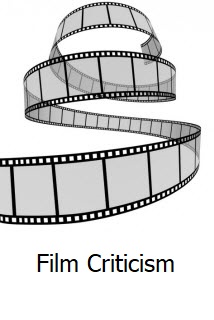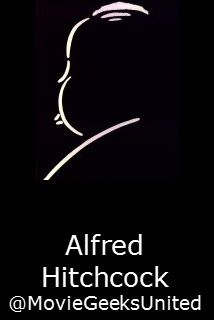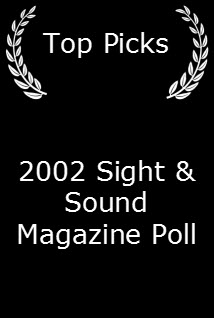Side Effects (2013)


Content by Tony Macklin. Originally published on February 11, 2013 @ tonymacklin.net.
Several reviewers have mentioned Hitchcock in their reviews of Side Effects, as though somehow Stephen Soderbergh has successfully channeled the master in his direction of Side Effects.
This is bunk.
Hitch used illogic, but he never plummeted into hokum as Side Effects does.
And you would never find Thomas Newman's music in a Hitchcock film. Newman's score is like annoying drizzle. The tinkling, jingle-jangle music is constant.
When Hitch used drabness, as in Frenzy (1972), it had clarity. Soderbergh's drabness is just drab.
Hitch probably would like actor Jude Law as Dr. Jonathan Banks, the psychiatrist on the run. Law's gamut of reactions to his character's alienation and vulnerability would appeal to Hitch.
Hitch would read the screenplay by Scott Z. Banks and discard it with a yawn. "Well," he would intone, " It's silly nonsense. My films were credible nonsense. And the blondes are not my kind of blondes. No mystery."
Dark-haired Rooney Mara, as enigmatic patient Emily Taylor might appeal to Hitch as a supporting character. He would look at Catherine Zeta-Jones who plays Dr. Victoria Siebert and say, "She's not the character who is supposed to be sleepwalking, is she?"
Hitch might get more than halfway through the screenplay, before he would grumble in disbelief as he realized even his style could not save the antics before him.
He then would send it to his TV show where it might appear amidst other occasional mediocre episodes.
Soderbergh and Burns invite us to relate to Hitch, because they use references to his work, e.g. Emily refers to "Madeleine" (Vertigo, 1958). But references and suspense do not insure adequate emulation.
Side Effects starts out as a potentially gripping mystery. After her husband Martin (Channing Tatum) is released from prison for white collar crime, Emily (Mara) winds up at a police station when she drives into a wall at a parking garage.
At the station she meets a psychiatrist (Law) who wants to help her and agrees to treat her.
He gives her meds to aid her, but she spirals out of control. He gets implicated in her chaos.
The powerful reach and affect of Pharma and propaganda threaten his reputation and livelihood. His world is under attack. How can he survive? Who and what is to blame?
Soderbergh has a reputation as a stylist, but pretension often undermines his style. In the past, some of his films become mired in pretension. Full Frontal (2002) and The Good German (2006) are two examples.
Sometimes style just isn't enough.
Sometimes pretentious plot and vain posturing are damaging Side Effects.























